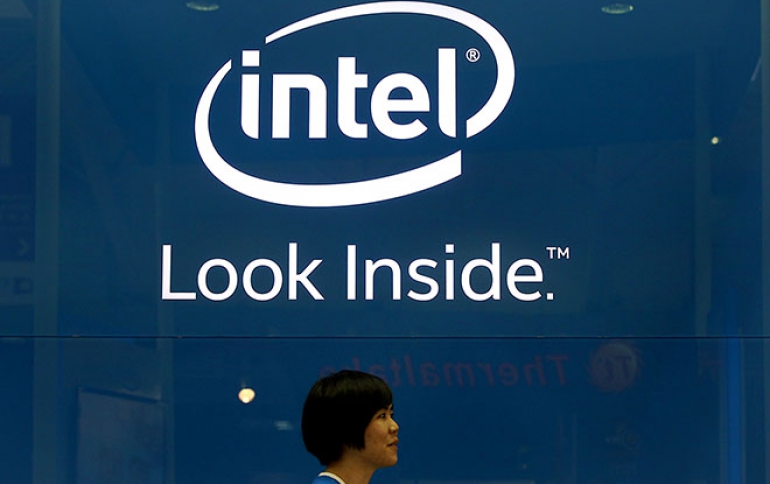
Intel To Invest in Semiconductor Business under Tsinghua Unigroup
Intel will invest $1.5 billion in a 20 percent stake in two semiconductor units of China's state-owned Tsinghua Unigroup, the company said on Friday. Intel and Tsinghua Unigroup, an operating subsidiary of Tsinghua Holdings Co., Ltd., jointly announced that both parties have signed a series of agreements. The purpose of the agreements is to expand the product offerings and adoption for Intel-based mobile devices in China and worldwide by jointly developing Intel Architecture and communications-based solutions for mobile phones. Intel also has agreed to invest up to RMB 9 billion (about US$1.5 billion) for a minority stake of approximately 20 percent of the holding company under Tsinghua Unigroup which will own Spreadtrum Communications and RDA Microelectronics, subject to regulatory approvals and other closing conditions.
Both Spreadtrum and RDA, controlled by Tsinghua Unigroup, are fabless semiconductor companies in China, which develop mobile chipset platforms for smart phones, feature phones and other consumer electronics products, supporting 2G, 3G and 4G wireless communications standards.
"China is now the largest consumption market for smartphones and has the largest number of Internet users in the world," said Brian Krzanich, Intel CEO. "These agreements with Tsinghua Unigroup underscore Intel's 29-year-long history of investing in and working in China. This partnership will also enhance our ability to support a wider range of mobile customers in China and the rest of the world by more quickly delivering a broader portfolio of Intel architecture and communications technology solutions."
Under the terms of the agreement, Spreadtrum Communications, Inc. will jointly create and sell a family of Intel Architecture-based system-on-chips (SoCs). Initial products will be available beginning in the second half of next year and will be Intel Architecture-based SoCs sold by both companies.
The companies expect Intel's investment to close in early 2015.
Intel is looking at developing new products faster than it has in the past, in order to acquire an advantage over Qualcomm, which has dominated much of the advanced mobile market in China but has recently run afoul of authorities there over what China says are antitrust violations.
Noticeably, the systems on a chip will be made in foundries of the Taiwan Semiconductor Manufacturing Company, and not in Intel’s own facilities.





















